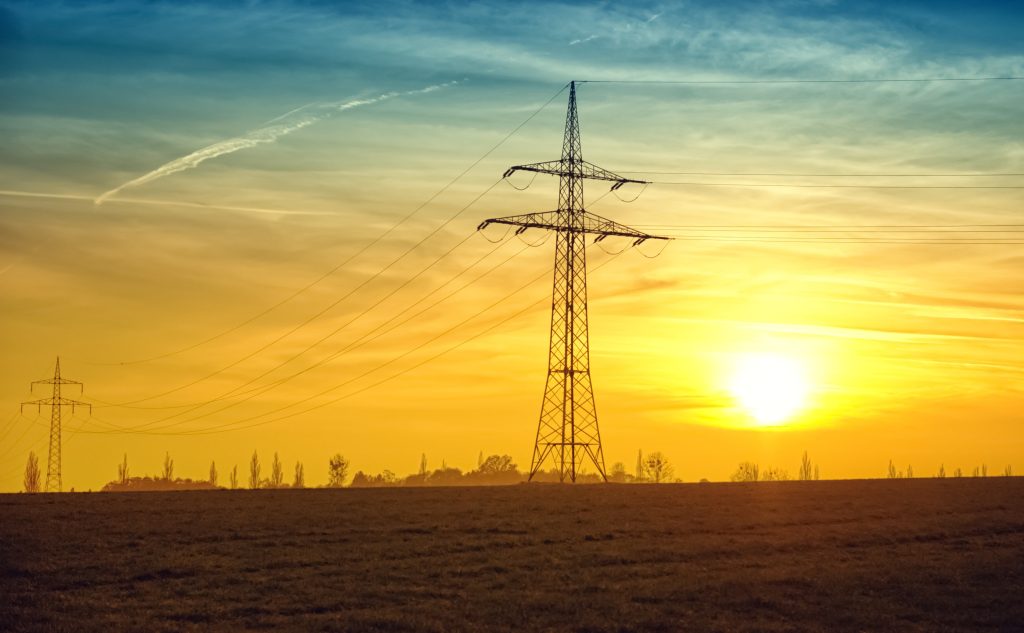
Energy cooperatives are becoming a popular choice for people in the US who want to take control of their energy sources and costs. As our world becomes increasingly connected, it’s natural to want to have a say in the things that impact our daily lives, including the energy we use to power our homes and businesses. Energy cooperatives are owned and governed by their members, making them a democratic solution to the challenges of modern energy systems.
According to the National Rural Electric Cooperative Association (NRECA), there are more than 900 electric cooperatives serving 42 million people in 47 states in the US. These cooperatives are dedicated to providing reliable and affordable energy services, while also exploring new and innovative ways to meet the increasing demand for clean energy. The use of renewable energy sources, such as solar and wind, is becoming increasingly common in energy cooperatives as they strive to provide their members with access to cleaner, more sustainable energy sources.
So if you’re looking to take control of your energy supply, consider joining an energy cooperative. It’s a simple, empowering, and effective way to make a difference in your community and your world.
Table of Contents
Benefits Of Energy Cooperatives

1. Affordable and Reliable Energy Services
One of the main advantages of energy cooperatives is that they provide affordable and reliable energy services to their members. As cooperatives are owned and governed by their members, there is no need to factor in the profits of shareholders when determining energy prices. This means that energy prices can be kept low, making energy more accessible to all members of the cooperative. In addition, energy co-ops have a strong track record of providing reliable energy services, ensuring that their members have access to the energy they need when they need it. For example, a rural energy co-op in the US might offer low-cost energy to farmers, who would otherwise struggle to afford energy services from a traditional utility. With access to affordable and reliable energy, these farmers are able to power their homes and businesses, allowing them to grow their operations and support their local communities.
2. Promotion of Renewable Energy Sources
Another advantage is their promotion of renewable energy sources, such as solar and wind power. Many are exploring new and innovative ways to integrate renewable energy sources into their energy mix, helping to reduce dependence on fossil fuels and create a more sustainable energy future. By providing access to renewable energy sources, energy co-ops are helping to reduce greenhouse gas emissions and combat climate change, making them an attractive choice for people who are passionate about sustainability. For example, an urban energy co-op might install a large-scale solar panel array on the roof of a community center. This solar panel array would provide energy to the center, as well as the surrounding homes and businesses, reducing the community’s dependence on fossil fuels and helping to create a more sustainable energy future.
3. Increased Energy Security
Energy cooperatives also provide increased energy security to their members. By reducing dependence on a single energy source, energy co-ops help to ensure that their members have access to energy, even during power outages or other disruptions. This increased energy security helps to protect the most vulnerable members of the community, such as the elderly and those with medical needs, which may require access to energy in emergency situations. For example, a coastal energy cooperative in the US might install energy storage systems, such as batteries, to ensure that their members have access to energy even during power outages caused by severe weather. This increased energy security helps to ensure that the most vulnerable members of the community are protected and can continue to access the energy they need, even in the most challenging of circumstances.
Also Read: Electric Co-op Facts & Figures
To wrap things up, energy cooperatives are becoming a popular choice for people in the US who want to take control of their energy sources and costs. These member-owned and governed organizations provide a sense of community and a direct stake in the energy services they receive. By prioritizing reliability and affordability, energy cooperatives have earned the trust and support of millions of people across 47 states. Furthermore, the increasing demand for clean energy has led many energy co-ops to explore and integrate renewable energy sources like solar and wind into their energy mix. This not only benefits the environment but also provides greater energy security and independence for its members. In essence, energy co-ops are a prime example of how communities can come together and take control of their energy needs, ensuring a brighter and more sustainable future for all.
